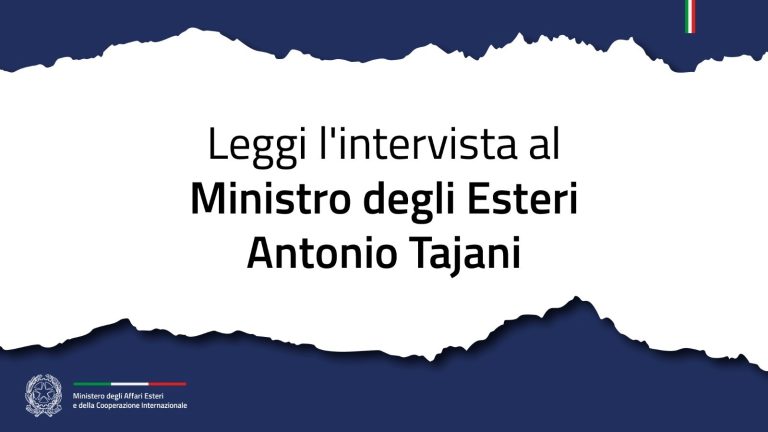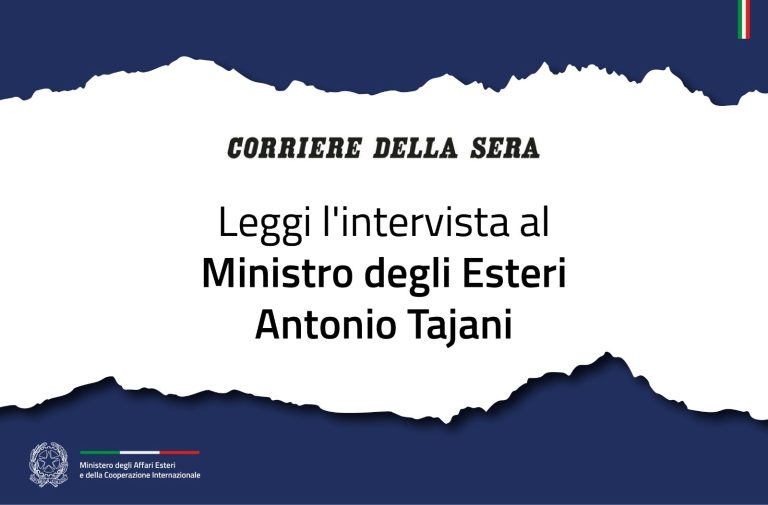Researchers, post-graduate students and young experts from Mediterranean Countries engaged in a debate at the Farnesina today, on the key issues that concern the area: from the economic crisis to conflicts, from unemployment to inequalities, without leaving out the environment, climate change and alternative energy sources. The conference titled “Youth Potential in the Mediterranean – Unlocking Opportunities, Overcoming Challenges”, co-organised by the Ministry of Foreign Affairs and the Istituto di Affari Internazionali in association with the Compagnia San Paolo di Torino, and the German Marshall Fund of United States, under the patronage of the Italian Chairmanship of the OSCE, is the second edition of the ‘New-Med’, the network of researchers and scholars who analyse and promote projects for the Mediterranean. As youths in the 15-29 age group are the most numerous and the fastest spreading demographic group in the Middle East and in North Africa, the conference explored the challenges that the political and economic contingencies raise for this population segment.
In his opening remarks, Vinicio Mati, the Foreign Ministry’s Coordinator with the Italian OSCE Chair, said that in this period of instability and crisis: “We need a positive agenda for youth. The Italian OSCE Chair wants to fight the negative narrative by counting on their strength and potential.” Mr Mati emphasised that focusing more attention on dialogue and cooperation in the Mediterranean is one of the priorities of the Italian OSCE Chairmanship. Slovakia picked up the baton from Italy at the head of the OSCE Mediterranean Contact Group and, at the conference, was represented by Lubica Bindova, who illustrated the two meetings organised in Vienna in March and again today on energy and water security in the region. Before December, the Mediterranean Contact Group will hold another three meetings on cybersecurity, radicalisation and reforms. In addition, the yearly Mediterranean Conference will be held in Malaga in the last week of October.
Among the biggest difficulties weighing down on the youth of the region that emerged from the four sessions through the contribution of eight young scholars, the most significant are undoubtedly the high rate of unemployment, the lack of accessible accommodation and the gap that exists between academic qualification and job opportunities. Without counting that the youth’s thrust towards new forms of civic activism asking for greater freedom and opportunities after the frustrations for the waning of the Arab Springs, expose them to new individual risks. “The second edition of New-Med – explained Armando Barucco, the head of the Foreign Ministry’s Analysis and Planning Department – has revealed the great importance of listening to the voice of these Countries, and especially of the young people who come from there, especially on issues like youth unemployment, inequalities but also on the crisis and on conflicts.” He went on: “The ideas proposed by these young researchers, post-graduate students and scholars reveal great maturity, are realistic, programmatic and projected into the future but always with the prospect of strengthening local institutions and societies.”



